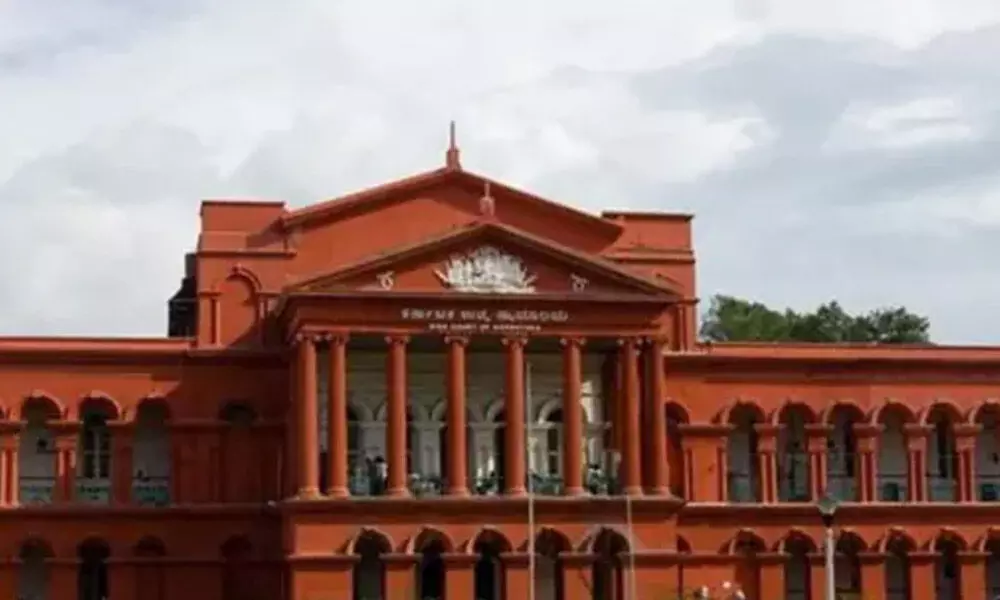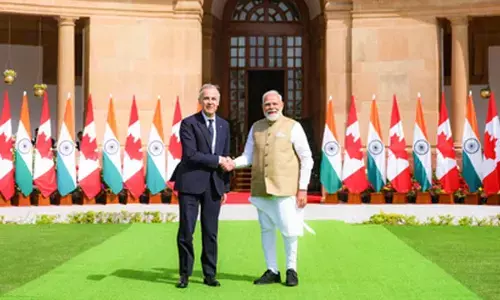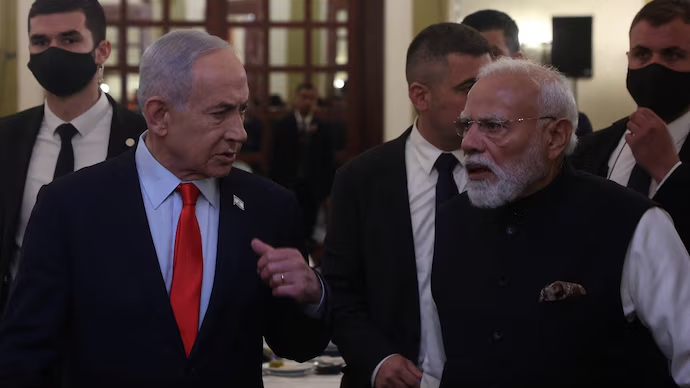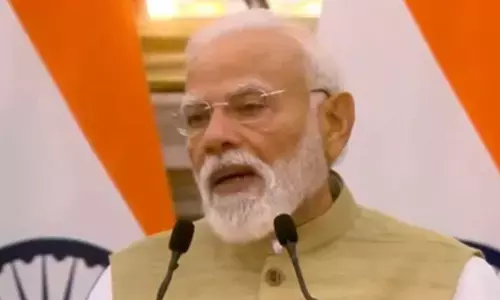Karnataka High Court Stated Breastfeeding Is Mother's Inherent Constitutional Right

Karnataka High Court (File/Photo)
- The Karnataka high court stated on Wednesday that breastfeeding is an intrinsic constitutional right of a lactating mother, and that the infant's right must be integrated with the mother's right.
- The right of a suckling newborn to be breastfed must be reconciled with the right of the mother.
The Karnataka high court stated on Wednesday that breastfeeding is an intrinsic constitutional right of a lactating mother, and that the infant's right must be integrated with the mother's right. It was dealing with a slew of applications filed by a toddler's biological mother and foster parents. Breastfeeding must be recognised as a lactating mother's intrinsic right.
Similarly, the right of a suckling newborn to be breastfed must be reconciled with the right of the mother. It may be argued that this is a case of concurrent rights; this crucial aspect of motherhood is protected under the umbrella of fundamental rights given by Article 21 of the Indian Constitution. It's a shame that this lovely kid was unbreastfed for no apparent reason, as its lactating mother had no access to it until now. Such atrocities should never happen in a civilised society, Justice Krishna S Dixit wrote in his ruling.




